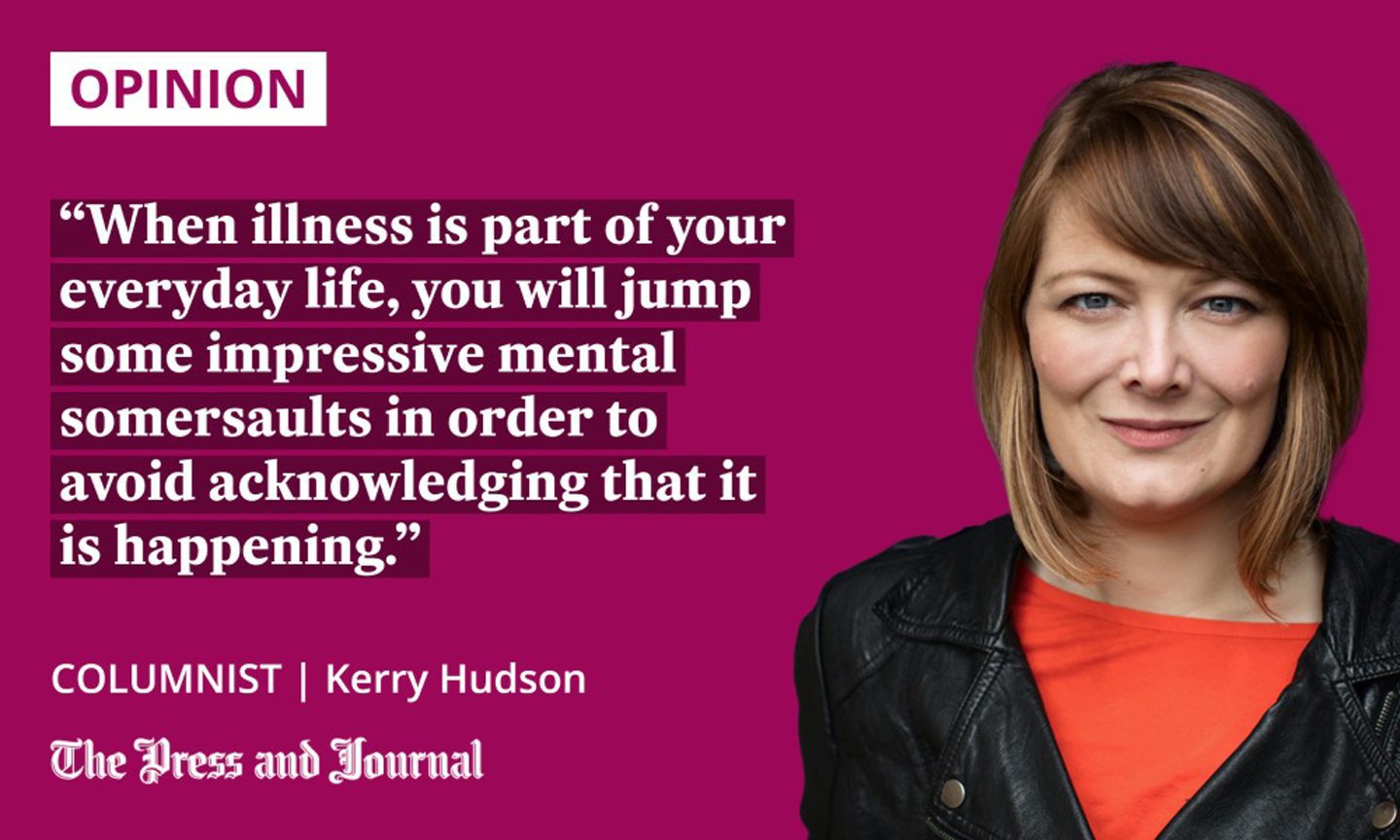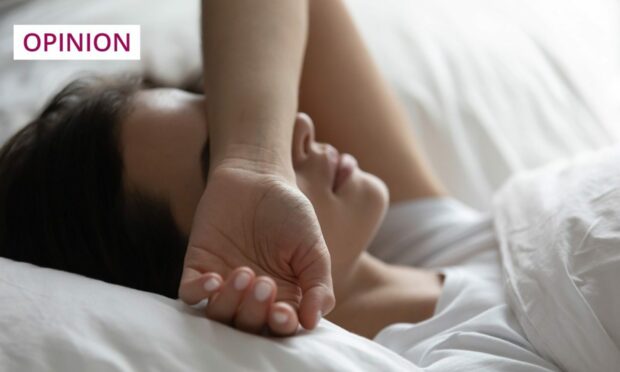For the first 40 years of my life, I was rude with health. Saying that retrospectively, it does seem like rudeness – thoughtless, brazen – at least physically.
My mental health, as I have written before, was a whole other matter; my body seemed unstoppable.
I travelled all over the world and ate delicious food from hole-in-the-wall street vendors and, while my travel companions were waylaid in their guesthouses for two weeks, struggling to keep down a diet of plain rice and bananas, my cast-iron stomach went back for second and third helpings.
When my colleagues in my office were cast down for weeks at a time with “that flu doing the rounds”, I breezed through winter and spring with only a slight sniffle.
In fact, my wellness was even ruder because, despite being bestowed the greatest gift of unshakable health, I was also a terrible hypochondriac. My mild sniffles, absolutely nothing compared to my colleague’s very real illness, would send me to bed, where I’d prop myself up on pillows like a pampered duchess, surrounding myself with my favourite snacks, load up some bingeable TV, and luxuriate in my illness, guilt-free.

But at 41, everything changed. I became sick, not with one but two rare autoimmune illnesses, and the health I had taken terribly for granted – eating sporadically and badly, drinking like a sailor on leave, pushing my body to its limits with work and exercise and barely sleeping – just… gave up.
Now chronically ill, it’s my good days that are sporadic. Someone said to me recently that when they’re ill, they can’t ever imagine being better, and when they are well, they can’t ever imagine getting sick again. And it was the truest thing I’ve ever heard of an autoimmune illness.
So, now, I am the opposite of a hypochondriac. Whatever that is.
My body can’t ‘push through’ the way it used to
Recently, I was doing a week of online creative writing teaching. My family and I were travelling to celebrate a new medication, methotrexate, which allowed me a miraculous four “good” days out of seven in the week. For this reason, I was teaching from Batumi, a seaside resort known as “the Las Vegas of the Black Sea”, on the border of Turkey and Georgia.
On the third morning, I woke up and the whole apartment, including the sea view, spun around like I was in a Hitchcock thriller. I leaned against the walls, as though navigating a fun house, to get myself to the bathroom and back. Then I lay curled up in a ball with my eyes closed tight.
Whereas before, with the slightest hint of malaise, I’d have happily curled myself up under a duvet and enjoyed a leisurely sick day, it took my husband a full hour to convince me that I probably wasn’t going to be able to impart my creative writing wisdom if I couldn’t sit upright or keep my eyes open for longer than 10 minutes without needing to vomit. And, so, I finally admitted defeat and called in sick.
The fact is that when you are healthy and busy and you take your health for granted, a sick day can feel like a luxury. A little, self-imposed break where you’re allowed – encouraged, even – to do nothing. But, when illness is part of your everyday life, you will jump some impressive mental somersaults in order to avoid acknowledging that it is happening.
I still use the term “push through”, just as I did when I was well, even though, these days, it often means meeting a deadline from bed and staying up past 9pm. But, even then, I know full well that even if mentally I want to, physically my body just will not cooperate.
I dream of running
Often at night, I dream I am running. In the dream, I always think the same thing: that I never realised how good I was at running; how graceful and easy the movement is. And I run through the streets fast, greeting people as I speed past, the wind in my hair.
In fact, I used to be a runner in real life. Not a very good one, thanks to my short hamstrings and, it turned out, my encroaching autoimmune symptoms, but I did once run 12 miles through the streets of London, past the Royal Courts of Justice, along the Thames, smiling at tourists as I went.
I don’t run yet, but I step forward thoughtfully, with gratitude, when I can summon it, and with acceptance when I cannot
Now, my marathon is different. My feats of endurance are no longer physical but mental. I wake each day and assess the course in front of me, I take note of the physical resources I have or do not have.
I’m trying to reframe this reverse form of hypochondria not, as I’m sure it is, as a form of denial and frustration, but instead somehow a contorted gratitude for the healthy days. Days when I’m well enough to dance around the kitchen with my toddler at breakfast, potter around the shops for no other reason than I feel like it, and cook a meal for my family.
My rude health has somehow turned into what I think of as a grateful illness, at least on the best days. I don’t run yet, but I step forward thoughtfully, with gratitude, when I can summon it, and with acceptance when I cannot. And, one day, perhaps I will also be able to run again, smiling at people as I go.
Kerry Hudson is an Aberdeen-born, award-winning writer of novels, memoirs and screenplays


Conversation